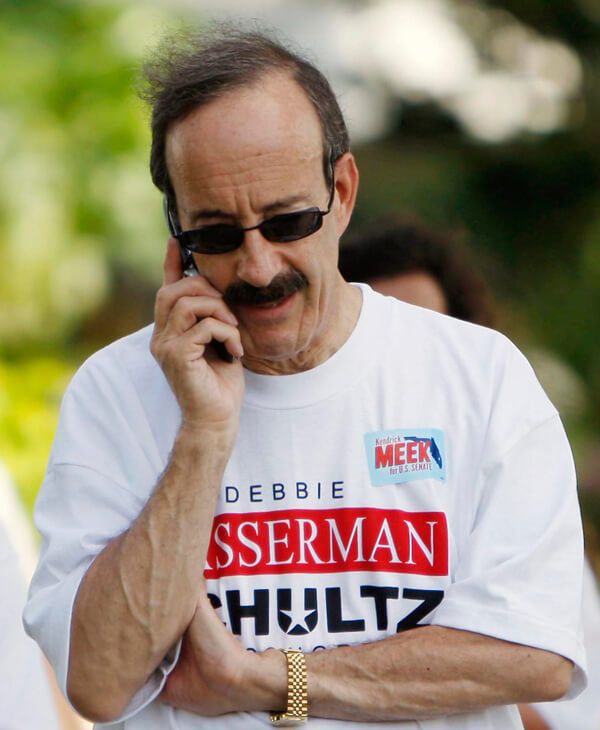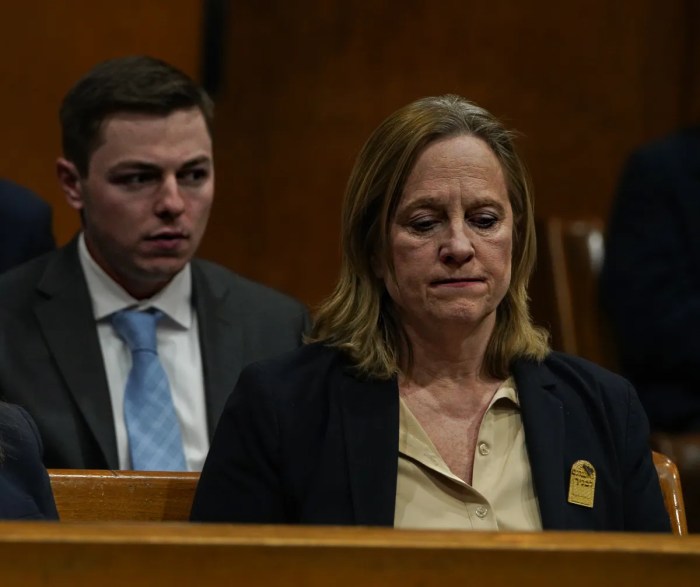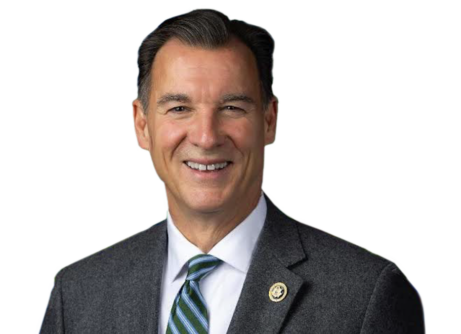In just over a week or so, Donald. J. Trump will be sworn in as president of the United States and the most powerful man in the world and already Caribbean Community leaders are sending both positive signals of welcome and indications that they are willing to work with his administration.
Community ministers who met in Guyana this week to prepare for next month’s leaders summit, also in Georgetown, dropped more than broad hints about relations between the region and Washington in the next four years as they set the platform for continued engagement with the United States.
They used the opportunity of a bill outgoing President Barack Obama signed into public law in mid-December as the platform to signal that all could be well, saying that the Caribbean Strategic Engagement Act of 2016 has already placed decades-old relations on a firm and structured footing.
The two-day meeting of ministers responsible for regional affairs ended late Tuesday with a special statement on Caribbean-American relations.
The bill was unanimously supported by both houses and sponsored by Representative Eliot L. Engel, a ranking member of the House’s Foreign Affairs Committee and Ileana Ros-Lehtinen, former chair of the committee.
They said that the bill ”is both timely and significant. We believe that the multi-year strategy mandated by this act will engender increased interaction between the Caribbean and the United States in trade, economic development, energy, education and diaspora engagement,” among other issues.
It was passed during a period when the administration made a concerted effort to engage with the region, ensuring summit meetings with Obama and other high level sessions with then Secretary of State Hilary Clinton, ex Attorney General Eric Holder and other high level officials both in the Caribbean and in the United States, sometimes on the margins of important international conferences.
“We are keen to urgently advance dialogue on the specific interests of the Caribbean region, the ministers said. The bill itself declares that it ”is the policy of the US to increase engagement with the governments of the Caribbean region and with civil society, including the private sector, in both the US and the Caribbean, in a concerted effort to increase economic cooperation, support regional economic, political, and security integration efforts in the Caribbean region,” among other wishes the bill stated.
The ministers were meeting to prepare the Feb. 16-17 mid-year summit of regional leaders when several key agenda items including Britain’s impending departure from the European Union and the prospects of a new administration in Washington are topics of discussion officials said.
Additional agenda items would also include a review of the single trading market system that leaders ordered months ago, especially aspects relating to free travel among the 15 countries in the regional bloc of nations.
Visitors from various countries across the community have persistently complained from about being hassled at various airports by sometimes rude and unfriendly border agents who sometimes disregard community-issued official travel documents and turn passengers away.
Mid last year, Prime Minister Keith Rowley of Trinidad was forced to pay an official, red carpet visit to Jamaica to discuss fears about unfair and biased treatment of Jamaicans at Trinidadian ports.
This followed the rejection of more than a dozen Jamaicans on a flight last year, many of them single women. The Jamaicans had complained that border agents had dropped remarks about them being suspected drug mules, prostitutes or were visiting the island to marry local men to remain on the island and procure residency, charges they denied.
Jamaica and Trinidad have also quarreled bitterly about free trade issues with the Jamaicans contending that the Trinidadians are dumping goods on supermarket shelves without impediments while doing everything in their power to prevent Jamaican goods from selling in Trinidad despite clear rules regarding duty free trade.
Other important agenda items will likely include a discussion about continuing troubled relations between commercial banks in the bloc and large American counterparts such as Bank of America.
Several of the banks, BOA especially, have ceased processing wire transfers checks and other transactions, contending that increased pressure from federal agencies to monitor the sanctity of such transactions carried up costs so they have simply cut relations, leaving their longtime customers to fend for themselves.
Regional leaders say the moves have severely hurt the banking sector and have also increased processing fees as banks were forced to work with British and third country banks to process transactions, albeit at much higher termination costs.
This is the second time since the main July summit that Guyana will host the conference. The last time leaders met in full, Guyana had stepped in to host on behalf of Dominica which was devastated by hurricanes in recent years.
The same situation had played itself out in 1995 when the tiny island nation was also devastated by a powerful storm.
Several preparatory meetings will be held before the summit including the Community Council of ministers who are scheduled to meet in Guyana this week to finalize preparations for the summit.





















